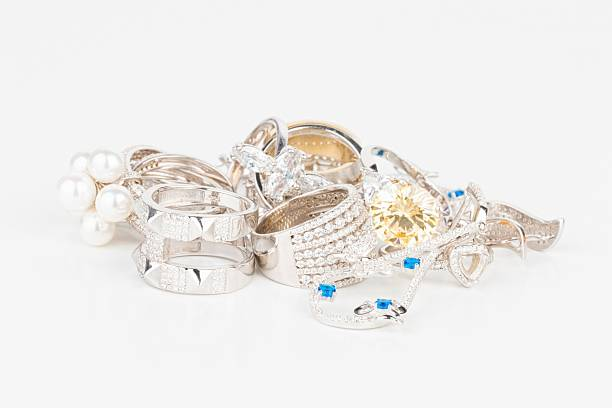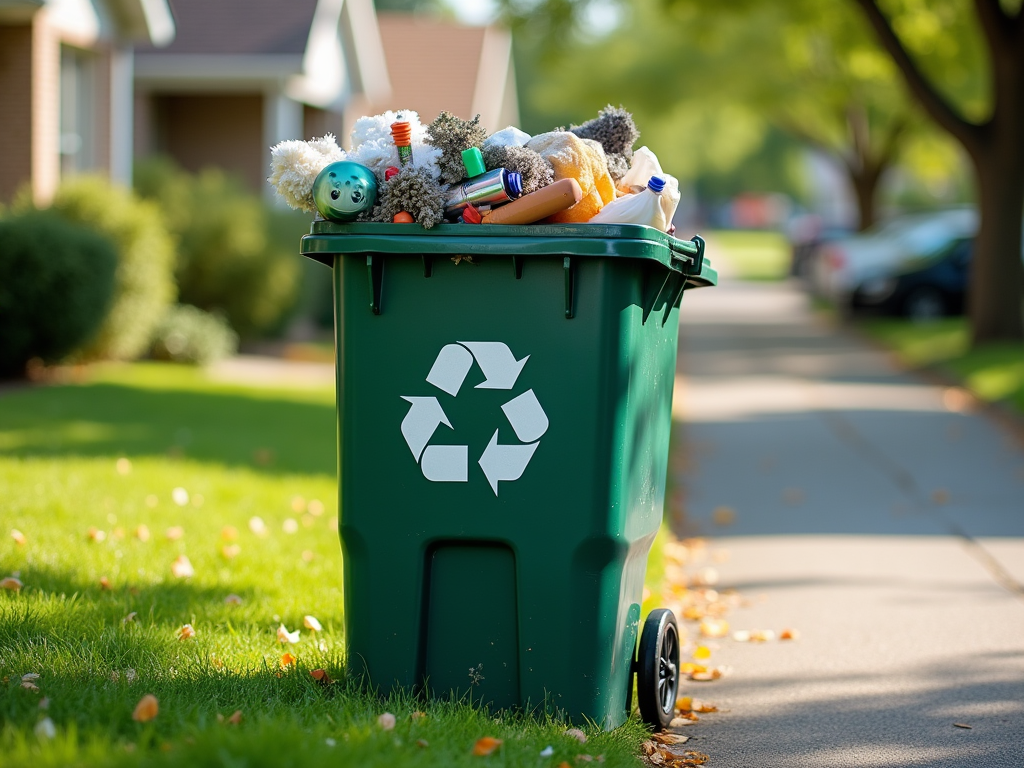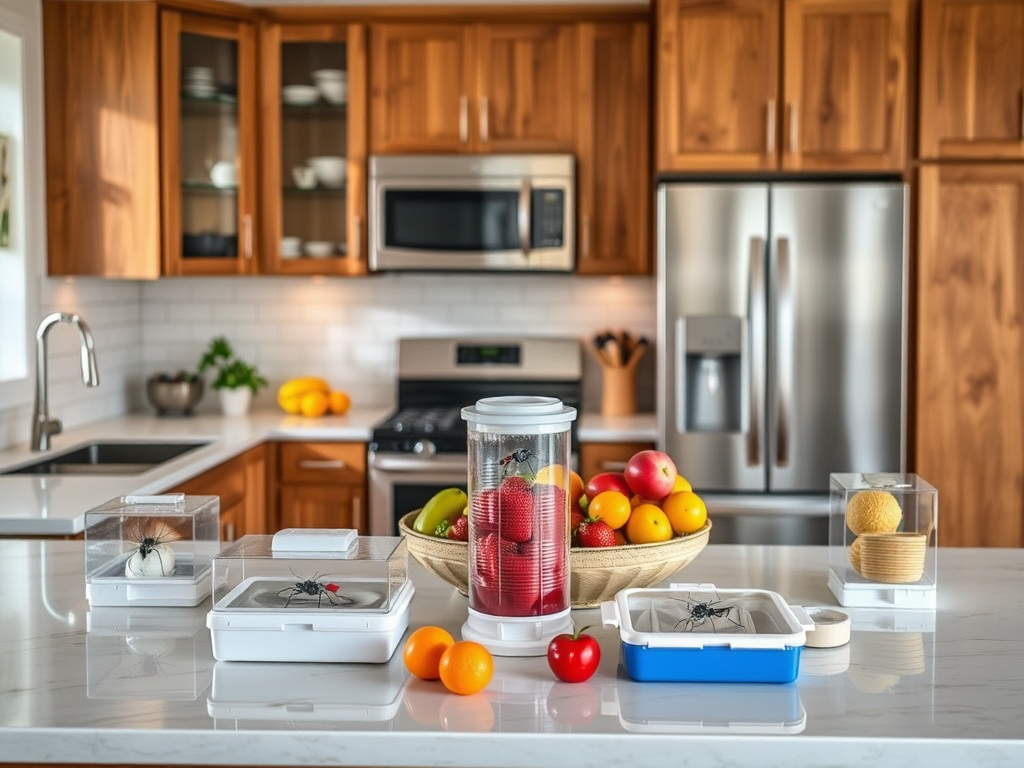Cleaning silver and preventing tarnish can be easily achieved using common pantry ingredients. This article will guide you through simple and effective methods to keep your silver items shiny and tarnish-free.
The Importance of Keeping Silver Clean

Silver items, whether jewelry, cutlery, or decorative pieces, can add a spark to your space or outfit. However, tarnishing can dull the beauty of silver over time. Tarnish occurs when silver reacts with sulfur-containing substances, forming a dark layer on the surface. Proper cleaning and maintenance can help retain the allure of your silver.
Regular cleaning removes surface dirt and oils that can contribute to tarnish. It’s essential to use non-abrasive methods to avoid scratching the metal. Periodic care can extend the lifespan and appearance of your silver pieces, keeping them brilliant and attractive.
Cleaning Silver with Baking Soda and Aluminum Foil
One of the most effective home remedies for cleaning silver involves using baking soda and aluminum foil. This method leverages a chemical reaction to break down tarnish without damaging the silver. Here’s how you can do it:
- Line a baking dish with aluminum foil, shiny side up.
- Place your tarnished silver items in the dish, ensuring they are in contact with the foil.
- Sprinkle a generous amount of baking soda over the items.
- Pour boiling water over the baking soda and silver pieces until they are submerged.
- Wait for 5-10 minutes as the chemical reaction occurs.
- Use tongs to remove the silver items, rinse with water, and dry with a soft cloth.
This method is suitable for larger items and multiple pieces at once, removing tarnish efficiently without harsh scrubbing.
Alternative Natural Cleaners
If you prefer other natural ingredients, there are several alternatives you can use to clean silver. One popular option is white vinegar combined with baking soda:
- Soak the silver in a mixture of half a cup of white vinegar and 2 teaspoons of baking soda for 2-3 hours.
- Rinse the items thoroughly with cold water.
- Dry and polish with a soft cloth.
Another effective cleaner is a paste made from cornstarch and water. Spread the paste over the silver, let it dry, and then rub it off with a soft cloth or a damp sponge.
Lemon juice and olive oil can also be used for a natural clean. Mix a cup of lemon juice with a tablespoon of olive oil, dip a cloth into the solution, and rub the silver gently. Rinse and dry thoroughly afterward.
Preventing Tarnish
Preventing tarnish is just as important as cleaning tarnished silver. Proper storage and regular maintenance can help minimize tarnishing. Store silver items in airtight containers or plastic bags with anti-tarnish strips.
Use silica gel packs or chalk to absorb moisture, which can accelerate tarnish formation. Display pieces can be coated with a thin layer of anti-tarnish lacquer or polish to provide extra protection.
Regularly dust and gently wipe silver with a soft, lint-free cloth to prevent the buildup of oils and dirt. For frequently used silverware, consider washing and drying them immediately after use to avoid prolonged exposure to tarnish-causing substances.
Conclusion
Cleaning silver and preventing tarnish using pantry ingredients is an easy and cost-effective solution. With methods like baking soda and aluminum foil, white vinegar, and cornstarch paste, you can restore the shine and beauty of your silver pieces. By incorporating preventive measures, you can keep your silver tarnish-free and sparkling for years to come. Regular care and maintenance are key to preserving the elegance of your silver items.
FAQs
1. Can I use toothpaste to clean silver?
While toothpaste can be effective, it’s slightly abrasive and may scratch delicate silver pieces. It’s better to stick with less abrasive, natural methods like baking soda or vinegar.
2. How often should I clean my silver to prevent tarnish?
Cleaning every few months, or as soon as you notice tarnish, helps maintain silver’s shine. Regular light cleaning and proper storage can reduce the need for frequent deep cleans.
3. Is it safe to clean antique silver using these methods?
For antique or valuable silver, it’s best to consult a professional. Some home remedies may be too harsh for delicate, older pieces.
4. Can these methods be used on silver-plated items?
Yes, these methods can generally be used on silver-plated items, but extra care should be taken to avoid excessive rubbing, which can wear away the plating.
5. What should I do if my silver doesn’t come clean with these methods?
If home remedies don’t work, a commercial silver cleaner or professional cleaning service may be necessary, especially for items with stubborn tarnish or intricate detailing.



